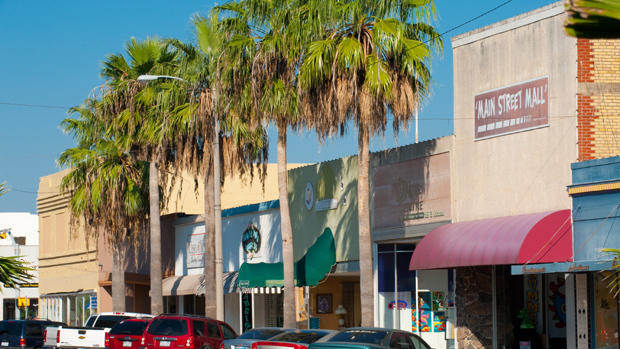Get ready to feel pinched by supermarket prices
There's some bad news lurking in the grocery aisles, and it's about to get a whole lot worse.
Some consumers may have noticed a trend at their local super markets, with prices edging up for beef, milk and fruits and vegetables. But that's just the beginning of what's expected to be a sharp increase in retail food prices this year.
"Our wholesale prices go up every single day," Scott Bowman, co-owner of Weiland's Market, told The Columbus Dispatch. "We can ignore the first few cents, but once you're talking dimes and quarters or more, then you have no choice but to raise your retail prices."
The food price index rose by .4 percent in February, marking its biggest spike since September 2011, the Bureau of Labor Statistics said today. Four out of the six major grocery-store food groups saw price increases, the agency said in its monthly consumer price report.
The only food groups where prices declined? Non-alcoholic beverages and cereals and bakery products.
Starting your day off with a cup of coffee will likely become pricier, with a 71.5 percent jump in the rise of arabica coffee since the end of 2013. Already, some smaller coffee roasters are boosting their prices, although Reuters notes that top brands such as Starbucks are so far resisting hikes.
Putting milk in your coffee is also more expensive, with dairy products hitting all-time highs on Monday. California's drought, which pushed up hay prices, is one reason for the increase, but demand from Asian consumers is also putting a squeeze on U.S. consumers. That could mean a gallon of milk could rise by as much as a dollar.
Beef prices are rising partly because of long-term droughts, which boosted the cost of feed, prompting ranchers to cull their herds. Prices for steaks and other cuts may soar by as much as 15 percent in 2014.
What does it all add up to? More pain at the cash register.
